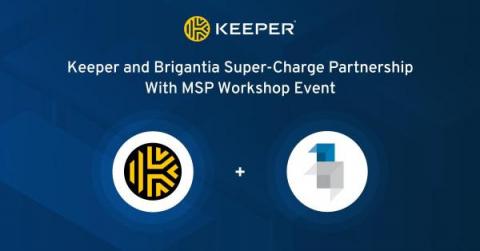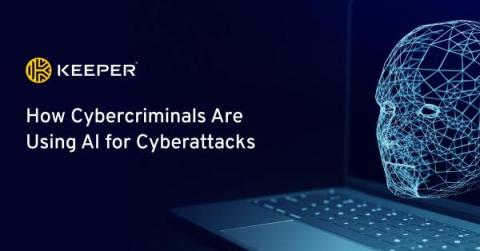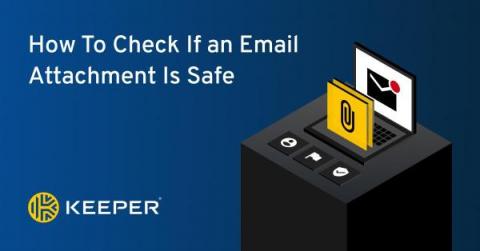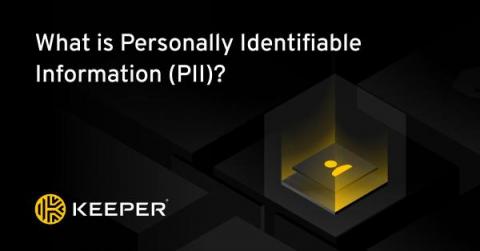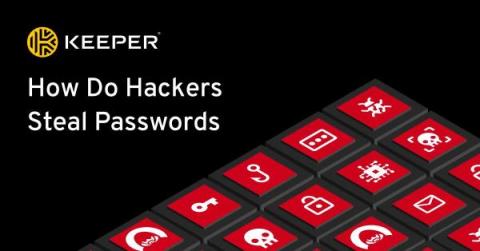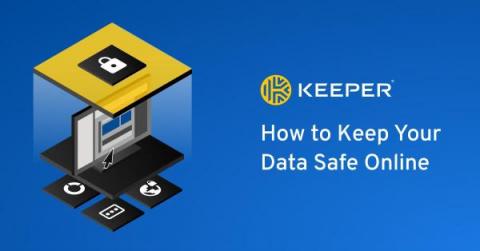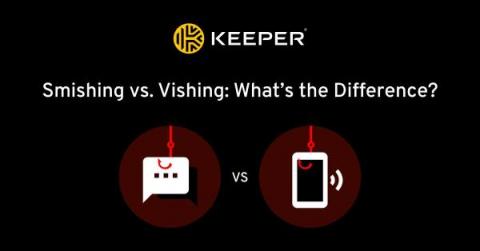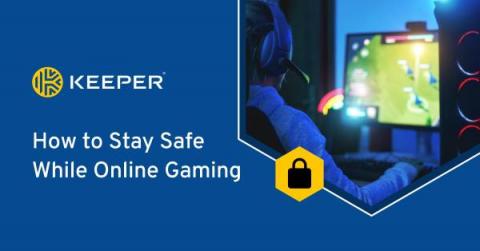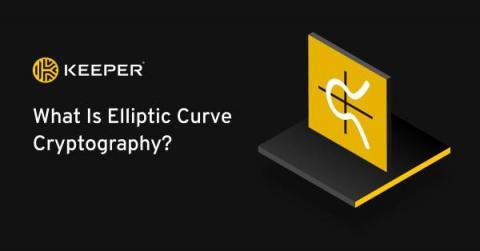Keeper and Brigantia Super-Charge Partnership With MSP Workshop Event
Keeper Security partnered with Brigantia almost three years ago to focus on growing our business in the UK and Ireland MSP markets. It was an honour to re-join forces for a productive afternoon in London for an informative workshop with current partners. Brigantia’s Sales Director, Angus Shaw, and Keeper Security’s Global Channel Director, John Andrews, led the charge, with Padraigh Conway, our Lead EMEA Sales Engineer, providing detailed best practices sessions.


